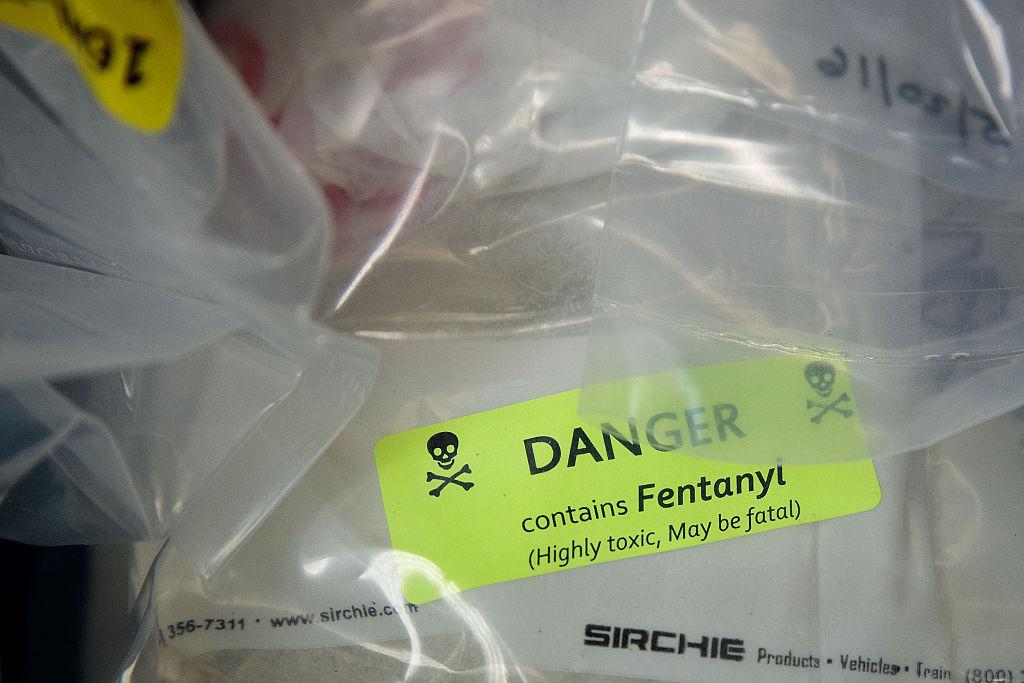U.S. lawmakers have reacted with skepticism after Beijing announced a set of measures to curb fentanyl production and trafficking.
All fentanyl-related substances are now included on China’s list of controlled substances, a change from the current list of 25 fentanyl analogs and two precursors, according to a press conference held in Beijing on April 1, held jointly by China’s Ministry of Public Security, the National Health Commission, and the National Medical Products Administration.





